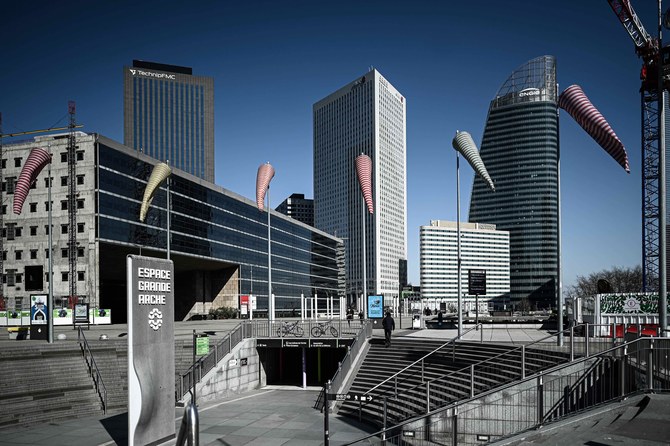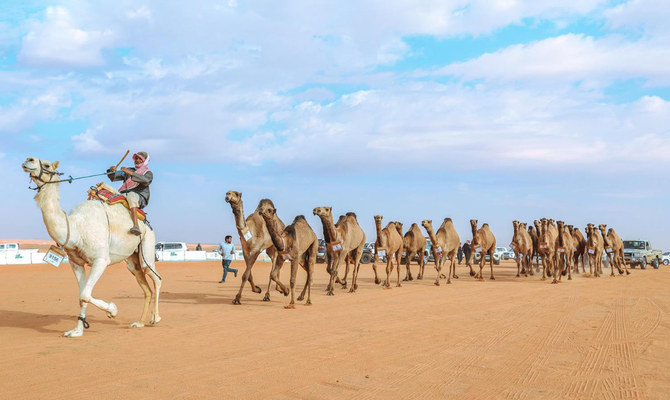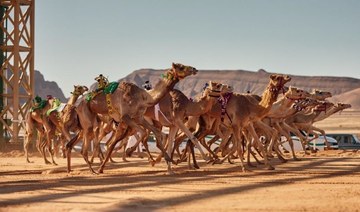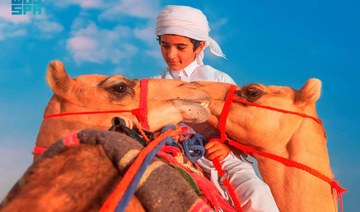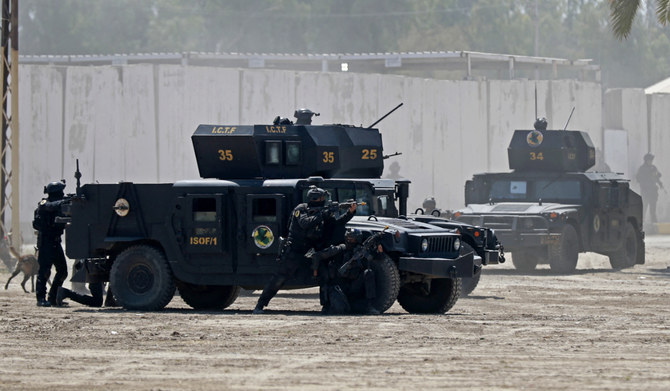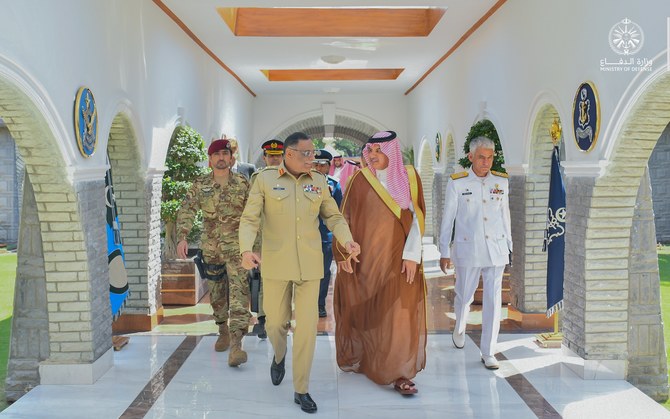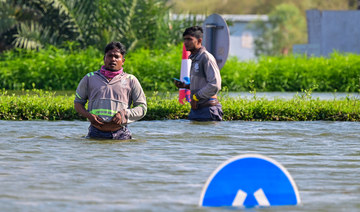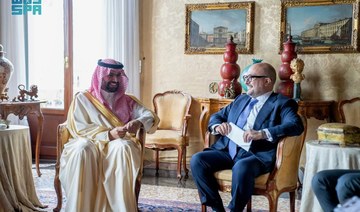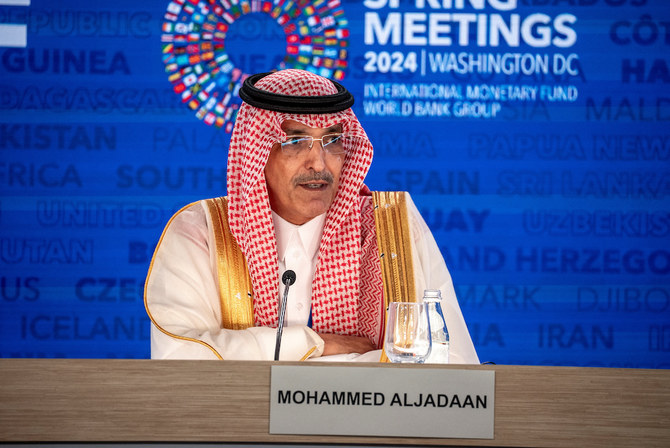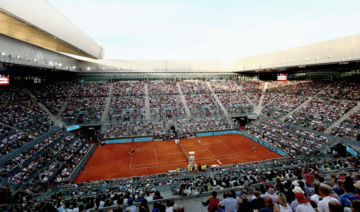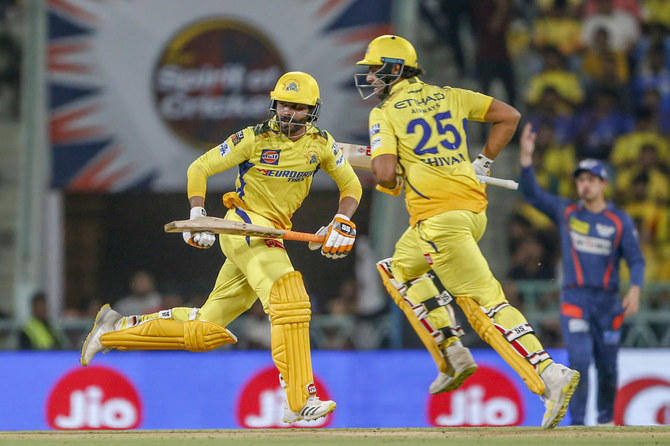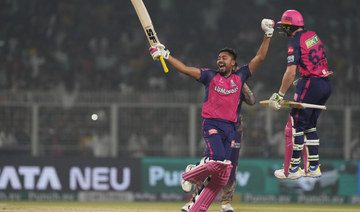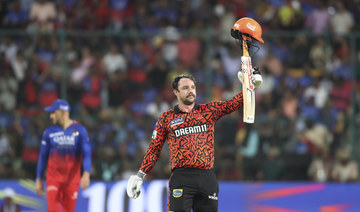What happened:
Global stock markets slid last week; the center of the outbreak was shifted from Europe to the US. European markets were sharply up mid-morning on Monday as the coronavirus disease (COVID-19) crisis started to abate in the worst-hit countries of Italy, Spain and France.
This shifted the discourse to how to restart the economies. Many economists have called for an exit plan to the shutdown.
Last week oil displayed an extraordinary rally on a tweet by US President Donald Trump explaining that he had spoken to both Saudi Arabia’s Crown Prince Mohammed bin Salman and Russian President Vladimir Putin to end their war for market share. He floated a production cut of 10-15 million barrels per day (bpd). The oil price came down, when the OPEC+ meeting was postponed from April 6 to April 9.

Why it happened:
The Monday rally reflected optimism on the COVID-19 outbreak subsiding in the worst-affected European nations, as the pandemic focus shifted to the UK and the US.
St. Louis Federal Reserve President James Bullard said that the US economy was not in freefall and that it would recover swiftly after the lockdown had ended. However, he was criticized by the president of the Federal Reserve Bank of Richmond, Tom Barkin, who considered unemployment to be the big issue and predicted an increase of another 10-20 million in jobless claims. He compared the jump of 10 million over the last two weeks to the hitherto highest in 1982, which stood at 700,000.
An optimistic J.P. Morgan note that slowing case numbers globally would put a floor under equity markets, was not shared by all. Larry Kudlow, economic adviser to Trump, stressed his confidence in a speedy recovery, because the federal government had an extensive loan scheme for business ($500 million for big business and $350 million for small- and medium-sized enterprises) and that the government would make direct payments to 175 million Americans.
The question is, however, whether this will be enough in a crisis with a remaining lack of visibility over its duration. A lot will depend on how quickly and efficiently the direct payments and loans can be disbursed in a system which is not set up to deal with measures of this magnitude.
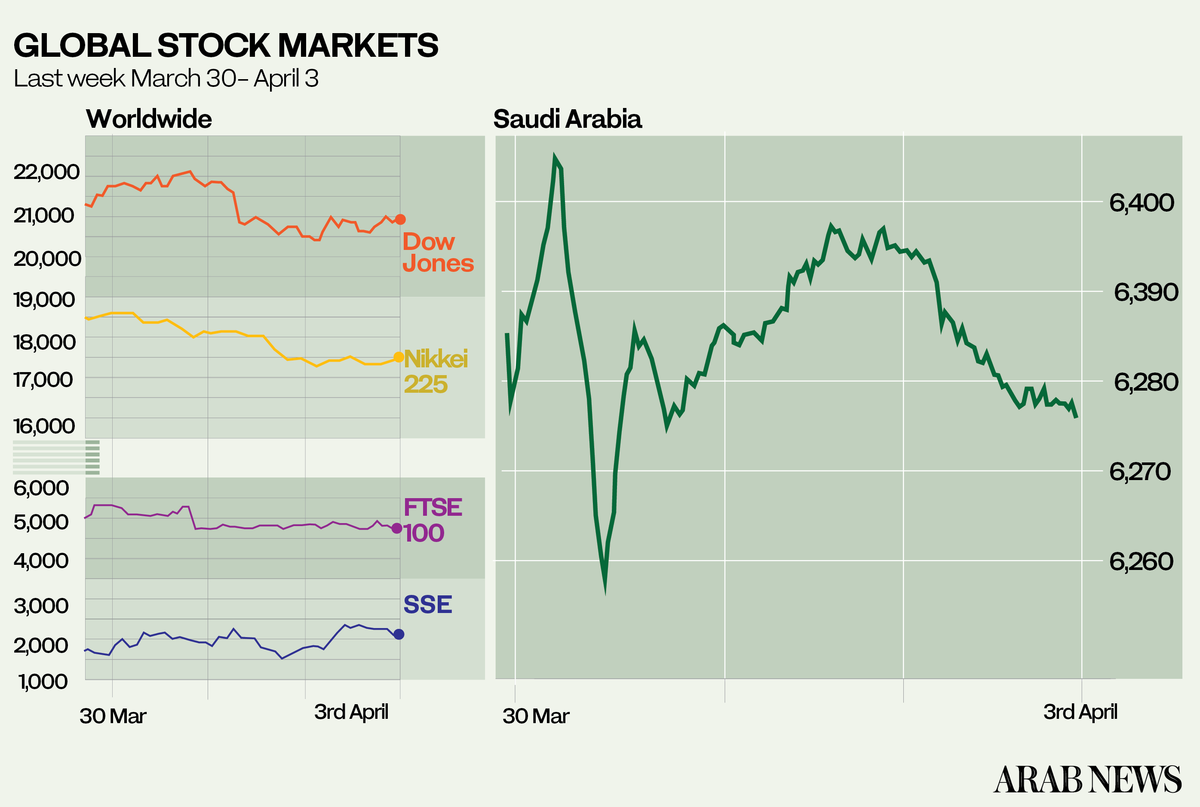
Where we go from here:
The real question behind any economic recovery will be how to restart the economy and how to deal with structural changes.
Most free-market economies in the OECD (Organization for Economic Cooperation and Development) have issued the largest fiscal and monetary stimulus packages in history, turning overnight these laissez-faire, free market economies into something resembling state-run economies.
These structural changes will have ramifications for economic activity, especially as one looks at unwinding the debt which will have accrued in many companies during the crisis. The big issue will not just be how to restart the economies, but how or if to go back to a free-market system.
As for the OPEC++ meeting, it looks as though Saudi Arabia and Russia are nearing a compromise. The question here will be who else is willing to share the pain of production cuts — and particularly what the US will do? The other question is, how big will the cuts have to be to have a sustained impact on price? This is hard to gauge while there is no clear indication of how many barrels per day demand has actually dropped off.
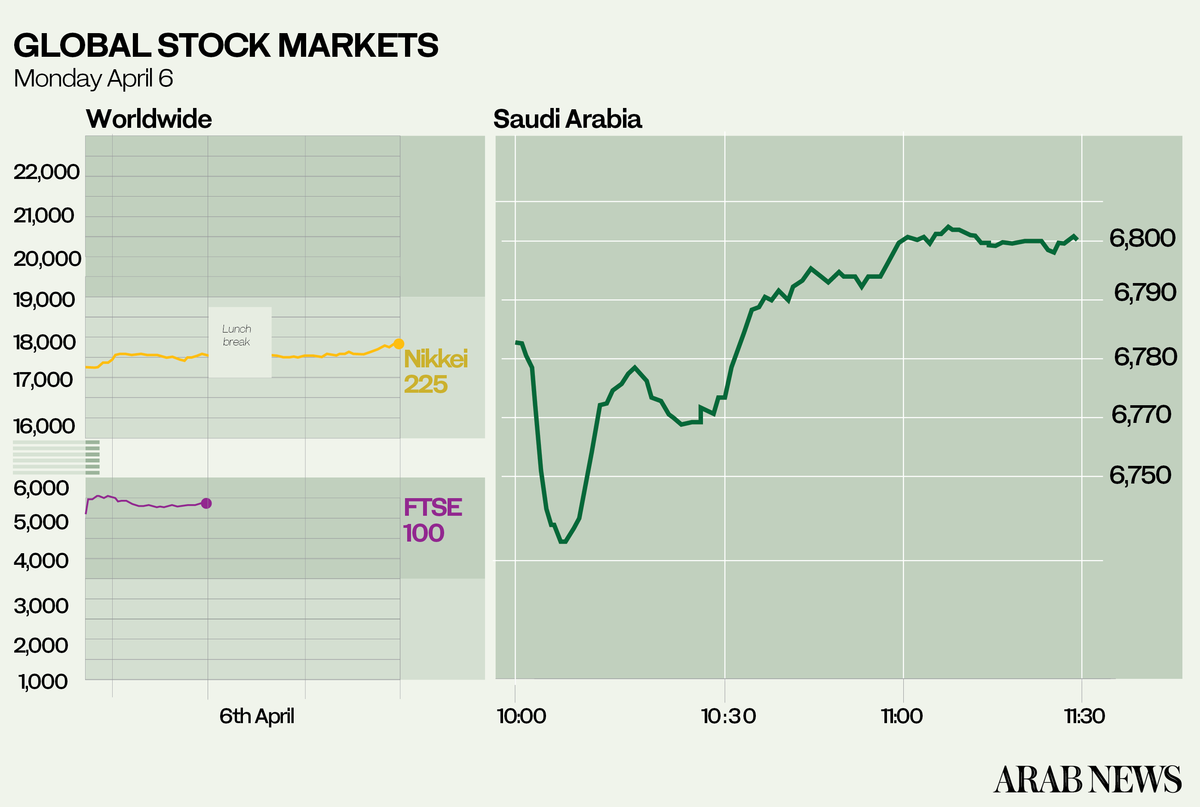
— Cornelia Meyer is a Ph.D.-level economist with 30 years of experience in investment banking and industry. She is chairman and CEO of business consultancy Meyer Resources.Twitter: @MeyerResources



